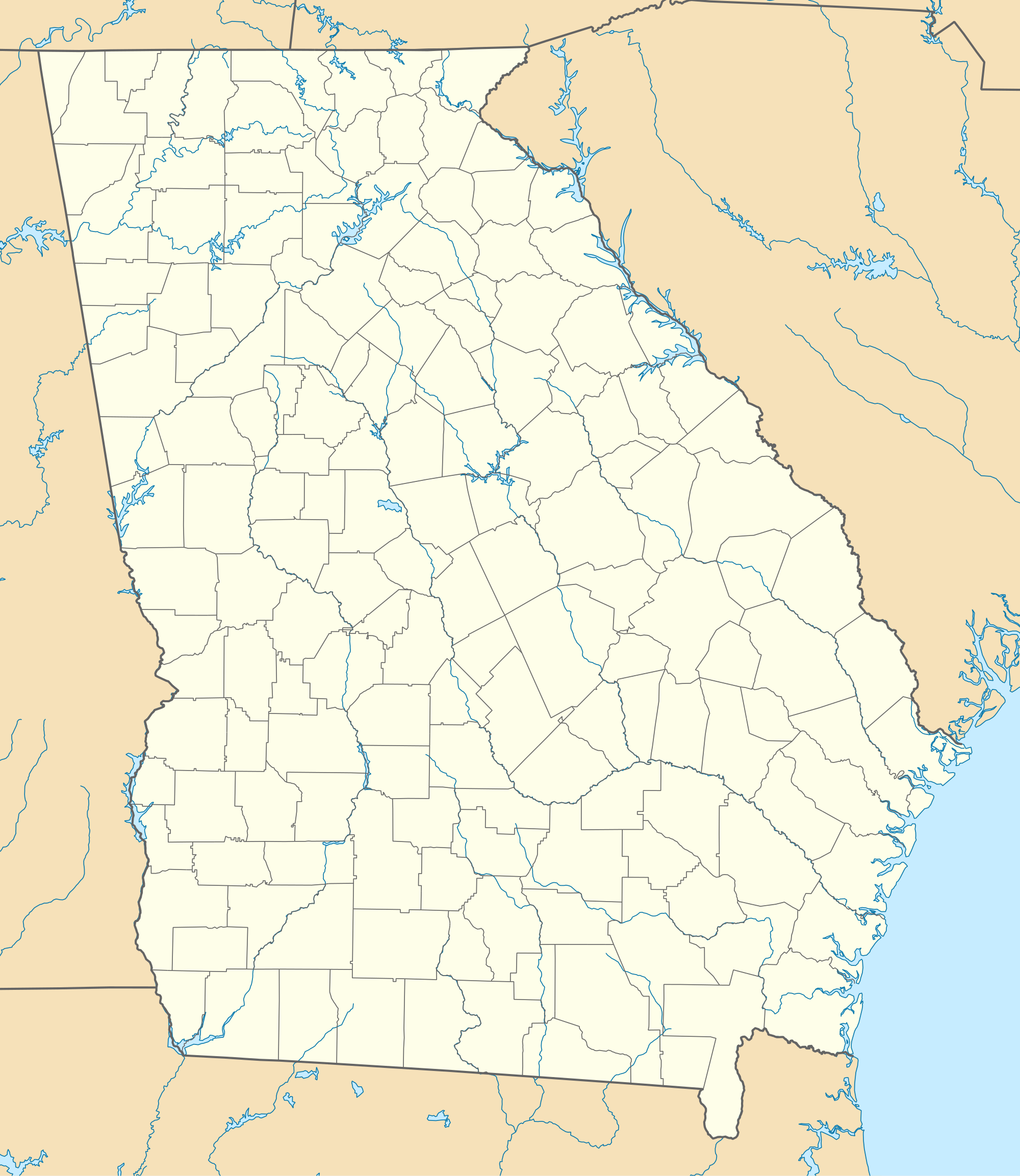- Central Dating Andersonville Georgia Prison
- Central Dating Andersonville Georgia Civil War
- Central Dating Andersonville Georgia Map
High-resolution images are available to schools and libraries via subscription to American History, 1493-1943. Check to see if your school or library already has a subscription. Or click here for more information. You may also order a pdf of the image from us here.
Central Dating Andersonville Georgia Prison
Gilder Lehrman Collection #: GLC06999 Author/Creator: Place Written: [various places] Type: Header RecordDate: 1864-1865 bulk Pagination: 41 items
Someone You can Love is Nearby. Browse Profiles & Photos of Singles in Andersonville, GA! Join Match.com, the leader in online dating with more dates, more relationships and more marriages than any other dating site.


Central Dating Andersonville Georgia Civil War
- Search singles by ethnicity, religion or occupation. From Black singles to Single Doctors, Match.com has a large selection great people to chose from.
- 100% free Andersonville (Georgia) dating site for local single men and women! Join one of the best American online singles service and meet lonely people to date and chat in Andersonville(United States).
Summary of Content: Collection of 41 items primarily concerning Andersonville Prison, although other Southern prisons, such as Castle Thunder and Libby Prison (both located in Richmond, Va.), are also briefly documented here. Andersonville Prison, located in Andersonville, Ga., housed Union enlisted troops incarcerated by Confederate forces, and operated from 25 February 1864 to late April 1865. Officially designated as Camp Sumter, it held more than 33,000 prisoners, while its cemetery provided graves for 12,000, although actual death toll may have been much higher. Notorious for its unsavory living conditions, the average amount of space per man ranged from approximately 40.5 square feet to just over 33 square feet, with no sanitation and no shelter. Captain Henry Wirz, commandant of Andersonville, was tried, convicted, and executed upon the close of the prison in 1865. Confederate Military Photographer Andrew Jackson Riddle, of Macon, Ga., arrived at Andersonville on 16 August 1864 to photograph General John Winder and Captain Henry Wirz. While at prison headquarters, he attempted to document the prison conditions, and these images attest to the harshness and brutality of life at Andersonville. He was aided by Warren L. Goss, a Union prisoner from Massachusetts, whose typewritten notes and manuscript maps survive in the latter portion of this collection. The images contained here include both Riddle's work, as well as images attributed to the studios of Alexander Gardner and Mathew Brady. The Riddle photographs also appear in several versions here, and some bear artistic embellishment with either ink or paint. These alterations may date from the period when the photographs were owned by the Century Co., and were perhaps used as a source for illustrations. Many of these photographs bear ownership stamps of that company, as well as cropping marks and other notations. Most of these images have been published in historical treatments of the Civil War, and several key texts of interest are: Ovid L. Futch, History of Andersonville Prison (Gainesville, Fla.: University of Florida Press, 1968); William Marvel, Andersonville: The Last Depot (Chapel Hill, N.C.: University of North Carolina Press, 1994); and James M. McPherson, Battle Cry of Freedom: The Civil War Era (New York: Oxford University Press, 1988).Other items collected here include an auction catalog dating from 1915, when the collection changed hands, an undated inventory of the collection by a previous owner, and an anti-Confederate pen and ink sketch by an unknown artist.

People:Jackson, Andrew, 1767-1845
Historical Era:Civil War and Reconstruction, 1861-1877
Subjects:Civil WarMilitary HistoryUnion ForcesConfederate States of AmericaPrison CampAtrocityPrisoner of War
Sub Era:The American Civil War
Central Dating Andersonville Georgia Map
Copyright Notice: The copyright law of the United States (title 17, United States Code) governs the making of photocopies or other reproductions of copyrighted material. Under certain conditions specified in the law, libraries and archives are authorized to furnish a photocopy or other reproduction. One of these specific conditions is that the photocopy or reproduction is not to be “used for any purpose other than private study, scholarship, or research.” If a user makes a request for, or later uses, a photocopy or reproduction for purposes in excess of “fair use,” that user may be liable for copyright infringement. This institution reserves the right to refuse to accept a copying order if, in its judgment, fulfillment of the order would involve violation of copyright law.